The June Writers Academy Blog
Your guide to supporting your child’s development as a writer and thinker.
Parent Tips: Lesson 3.2
In Lesson 3.2’s practices, we are asking your child to put together the concepts of audience and argument, which is a Big Brain Leap.
Parent Tips: Practice 4.4.1
In Practice 4.4.1, we ask kids to notice that specific words may carry just as much emotion as an exclamation mark. Kids who have completed Levels 2 and 3 will already be familiar with pathos, one of the core rhetorical tools popularized by Aristotle back in Ancient Greece.
Parent Tips: Practice 4.1.3
In Practice 4.1.3, we ask your child to connect their understanding of the concept of word and phrase classes with the way that words and phrases relate to each other in sentences.
Parent Tips: Practices 5.2.2-5.2.4
In Chapter 5, we introduce your child to a more complex editing system—a system not usually taught until high school or college, if ever.
Parent Tips: Practices 3.10.2-3.10.5
The big moment has finally arrived! After spending many practices dissecting complex texts, understanding exactly what they say, how they say it, the foundational assumptions, the embedded questions, the special terms, and then all the ways that the authors might be wrong, your child will be asked in Practices 3.10.2-3.10.5 to decide if they think the arguments in the texts are successful. Deciding what you think is no small task because there is no right or wrong here—with some exceptions. Instead, there are only the opinions your child can support with evidence and sound reasoning.
Parent Tips: The Believing & Doubting Games
The first time that your child plays the Believing and Doubting Games will be Big Brain Leaps.
Parent Tips: Lesson 2.10
The idea that we write differently in different situations is a Big Brain Leap, and a key concept for ensuring that your child becomes flexible writer, able to adapt to different writing situations with ease.
Parent Tips: Lesson 2.9
Most kids learn opinion writing very early in their school career because kids love telling people how they think the world should work.
Parent Tips: Practice 2.4.3
If Practice 2.4.1 was a Big Brain Leap, this is an even bigger Big Brain Leap; in yes, what is a long series of Big Brain Leaps in this chapter.
Parent Tips: Practice 2.4.2
Practice 2.4.2 is a Big Brain Leap. Your child will be asked to see structure where they might initially just see a bunch of words.
Parent Tips: Practices 2.3.4 & 2.3.5
Practices 2.3.4 and 2.3.5 ask kids to analyze how writers connect ideas in a paragraph.
Parent Tips: Practices 2.3.2 & 2.3.3
Practices 2.3.2 and 2.3.3 are Big Brain Leaps. Your child will be asked to make connections among ideas, and then clearly state common themes.


